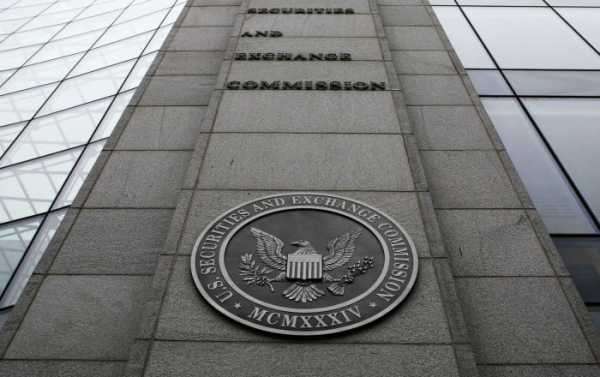
The Nasdaq stock market has shown a major boost in performance after Microsoft Corp and Tesla Inc rose ahead of their quarterly results due after markets close.
American stocks rose on 22 July, somewhat alleviating the concern over US economic stability in the light of the global pandemic and the tension in trade relations with Beijing.
The technology sector rose more than any S&P sector.
Nasdaq CEO Adena Friedman said that many businesses in the tech and biotech world are “driving the economy forward,” with investors looking beyond Covid-19.
“One reason for the enthusiasm that investors have had with tech stocks is because they are coming through in terms of maintaining their earnings growth and advancing revenue increases,” said Sam Stovall, chief investment strategist at CFRA Research in New York.
Earlier on Wednesday, futures had taken a hit, following the spike in tensions between Washington and Beijing, after Chine was told to shut down its consulate in Houston. China is reportedly planning to reciprocate the measure, by closing the US consulate in Wuhan.
Texas Instruments Inc forecast third-quarter revenue above estimates, due to higher demand for chips used in PCs and servers, as well as tablets.
The drug giant Pfizer Inc jumped 2.4%, following the promise $1.95 billion from the US government for Pfizer and the German biotech firm BioNTech SE. The two companies are meant produce and deliver 100 million doses of their COVID-19 vaccine candidate.
Nasdaq recorded 59 new highs and six new lows, while the S&P index recorded 32 new 52-week highs and one new low.
According to Nasdaq, the economic recovery is looking “more and more” to assume the W-shape, “as areas that are experiencing new spike [Covid-19] cases” suffer from repeated decline in business activity.
The Covid-19 crisis pushed the US economy, as many others globally, to the edge. Washington is facing a sizeable budget debt and high unemployment rate. On a national level, the number of employees at small and medium-sized businesses in the US remains more than 23% below its pre-crisis levels for the 7-day period ending July 19.
Sourse: sputniknews.com






